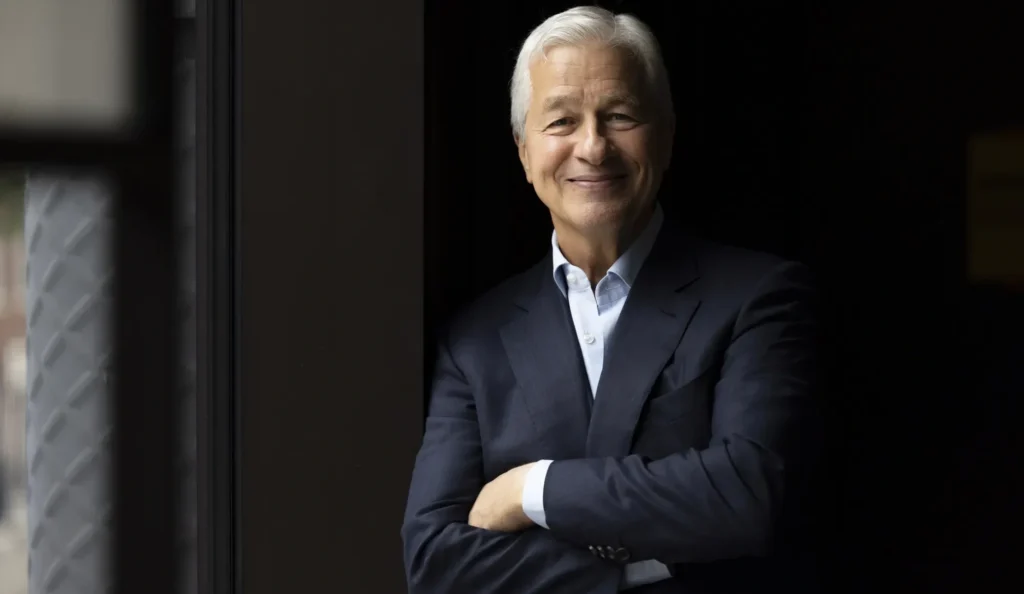Michael Dell, The Architect of the AI Factory
Michael Dell The AI Factory, The Architect Of By Nida kanwal The evolution of the personal computer from a dorm room assembly project to a cornerstone of the global digital economy is a testament to the enduring vision of Michael Dell. For over four decades he has steered his namesake company through countless cycles of boom and bust by remaining tethered to a simple yet powerful philosophy of direct customer engagement and operational excellence. Today he is leading what he describes as a second industrial revolution where the raw material is data and the assembly line is an artificial intelligence factory. Since taking the company private to facilitate its long term transformation and subsequently returning to the public markets he has assembled a massive portfolio of compute storage and networking assets that underpins the digital infrastructure of nearly every major enterprise on the planet. In 2026 the focus of his leadership has shifted toward the rapid deployment of specialized hardware optimized for the unique rigors of generative artificial intelligence. Dell has positioned the company as a primary architect of the AI factory where liquid cooled server racks and massive GPU clusters are no longer reserved for research labs but are integrated into the heart of corporate data centers. By championing the PowerEdge XE series and developing modular infrastructures he has enabled businesses to scale their computing power with unprecedented speed. This technical agility is supported by a global supply chain that Michael Dell has spent forty years perfecting allowing the company to deliver complex validated systems that work out of the box. His strategy acknowledges that while cloud computing remains vital the true center of gravity for enterprise intelligence is moving back toward the edge and on premise environments where data is created and protected. The expansion of edge computing represents a critical frontier in his vision for a decentralized digital future. He recognizes that as AI models become more efficient and specialized the need for real time processing at the source of data becomes paramount. From automated factory floors to intelligent retail spaces he is deploying infrastructure that allows intelligence to reside exactly where it is needed. This focus on the edge is paired with a revitalized commitment to the personal computer which he sees as the ultimate AI node. By integrating neural processing units into the professional laptop and workstation lineups he is putting the power of a data center into the hands of the individual user. This holistic approach ensures that the hybrid work ecosystem is not just a temporary adjustment to a changing world but a robust and permanent platform for productivity. Scalability and sustainability have become the dual pillars of his strategy as the energy demands of modern computing continue to surge. Michael Dell has advocated for a grid aware approach to infrastructure where data centers and high performance clusters are designed to operate in harmony with local energy systems. Through innovations in thermal management and power efficiency he is working to reduce the environmental footprint of the massive compute power required for the AI boom. This commitment to responsible innovation is matched by a focus on sovereign AI where he assists nations in building their own domestic digital infrastructure to ensure data privacy and regional autonomy. By providing the tools for technological independence he is securing a role for his company as a trusted partner for governments and enterprises alike. As the technology landscape enters a period of profound acceleration the steady leadership of Michael Dell remains a stabilizing force. He has successfully navigated the transition from a hardware vendor to a full stack infrastructure provider by embracing the complexity of the modern digital estate. His legacy is one of continuous adaptation and a relentless drive to democratize technology for everyone from the individual student to the global corporation. By building the foundations upon which the next generation of intelligence will be built he has ensured that the digital dawn he envisioned decades ago is now a permanent reality. The path forward is one of relentless innovation and he remains at the helm ready to scale the next peak of human progress.









